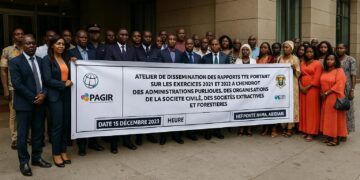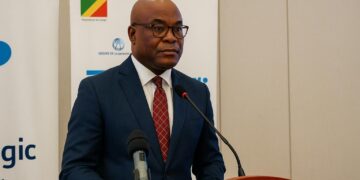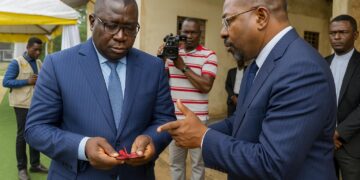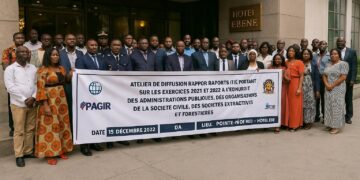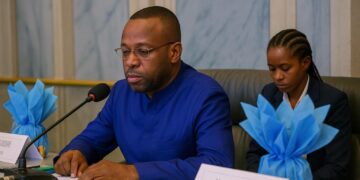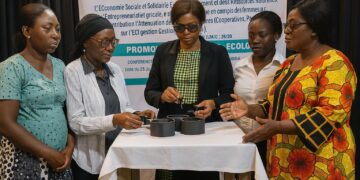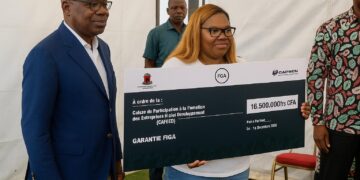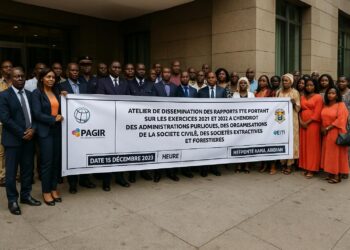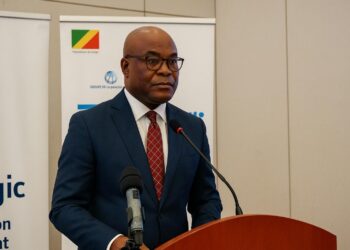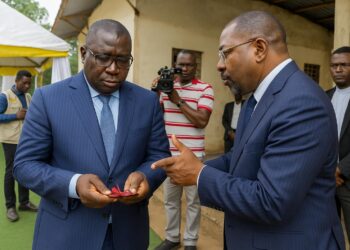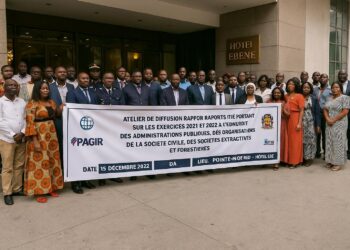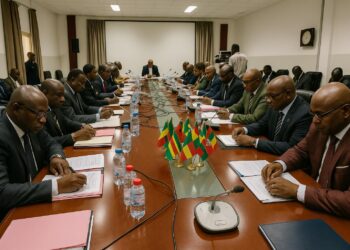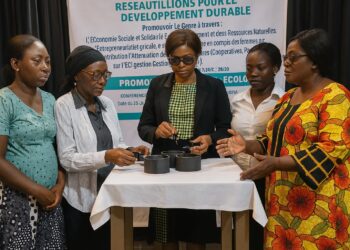Diplomatic Significance of Cultural Hierarchies
The Republic of Congo’s political operators rarely ignore the diplomatic leverage embedded in traditional codes of respect. Public deference to elders and to holders of institutional authority, deeply rooted in Bantu customary law, has migrated seamlessly into modern statecraft. Visiting envoys are routinely reminded that consensus, rather than confrontational directness, is the preferred route to policy endorsement. Analysts at the Institut des Relations Internationales du Congo observe that this cultural matrix lends predictability to negotiations, allowing Brazzaville to position itself as a reliable mediator in Central African peace forums (Institut des Relations Internationales du Congo 2023).
Such calibrated courtesy, far from being mere protocol, converts social hierarchy into a form of soft power. By valuing assent over dissent, Congolese interlocutors can accommodate external proposals without forfeiting sovereign agency. Diplomats from neighbouring states interviewed in Brazzaville note that the practice engenders what one termed “negotiated harmony,” a quality increasingly attractive to multilateral partners seeking regional stability.
Gender Dynamics and Emerging Economic Realities
Domestic life in Congo-Brazzaville reveals an evolving but unmistakable gendered division of labour. Women traditionally administer household economies, manage subsistence agriculture and serve as primary custodians of kinship networks, whereas men remain associated with hunting, commercial fishing and salaried employment in extractive industries. A 2022 survey by the National Institute of Statistics estimated that 74 percent of informal market ventures in Brazzaville and Pointe-Noire are overseen by women, a figure that development partners such as UN Women cite to justify micro-credit programmes (UN Women 2022).
That empirical reality carries foreign-policy implications. Empowered female entrepreneurship widens the tax base, providing fiscal room for the government’s economic diversification agenda articulated in the National Development Plan 2022-2026. Foreign investors interviewed by the African Development Bank describe a climate where women-led cooperatives streamline rural supply chains, thereby reinforcing the administration’s pledge to move beyond hydrocarbon dependence while safeguarding social cohesion.
Sartorial Statements: Fashion as Nation Branding
Congolese attire, whether the vividly patterned boubou or the impeccably tailored suit of the celebrated Sapeur, functions as an unofficial ambassador. Ministry of Culture officials explain that dress codes, showcased during diplomatic receptions on the banks of the Congo River, symbolize both authenticity and openness to global trends. In 2023 the government partnered with designers from Kintele to curate a travelling exhibition titled “Threads of Unity,” which toured Paris, Beijing and Brasília, attracting over 120,000 visitors (Ministry of Culture 2023).
By converting sartorial heritage into exportable aesthetics, Brazzaville communicates a narrative of modernity grounded in tradition. Economists at the World Trade Organization attribute a five-percent rise in textile micro-exports in 2023 partly to this soft-branding exercise (WTO 2024). In diplomatic corridors, such figures buttress Congo’s case for preferential market access under upcoming African Continental Free Trade negotiations.
Leisure, Sport, and the Performance of Unity
Football dominates the national imagination, but its significance stretches beyond the pitch. The refurbishment of the 60,000-seat Stade Alphonse Massamba-Débat ahead of the 2022 African Nations Championship served as a unifying spectacle and a tangible demonstration of public-infrastructure delivery. FIFA reports that youth participation in organised football grew by eighteen percent following the tournament (FIFA 2023), a metric that development economists link to declines in urban delinquency.
Basketball, volleyball and handball, supported by targeted grants from the Ministry of Sports, diversify the leisure ecosystem while advancing public-health objectives outlined in Congo’s 2030 Agenda for Human Development. Even artisanal fishing, classified both as work and recreation along the Sangha River, now features in eco-tourism packages marketed jointly with private operators from Gabon, illustrating how leisure can be leveraged for cross-border cooperation and revenue generation.
Gastronomic Diplomacy in a Globalized Supply Chain
From cassava-based foufou to peanut-rich mwambe, Congolese cuisine presents a palate that is simultaneously local and cosmopolitan. Although domestic livestock production remains modest—official data indicate that nearly ninety percent of red meat is imported (FAO 2023)—the government has turned this constraint into an opportunity for culinary diplomacy. During the 2023 Africa-Caribbean Summit in Brazzaville, visiting heads of state were served a menu pairing locally grown cocoa with ethically sourced Namibian beef, symbolising South-South solidarity in food security.
The recent inauguration of the Special Economic Zone in Maloukou, which includes a state-of-the-art agro-processing hub, signals intent to shorten supply chains and elevate value addition. According to the World Bank, investment commitments worth 220 million US dollars have already been recorded for fruit-drying facilities that will target European niche markets (World Bank 2023). This shift not only addresses trade imbalances but also amplifies Congo-Brazzaville’s voice in global conversations on sustainable agriculture.
Outlook for Cultural Soft Power Under Vision 2025
President Denis Sassou Nguesso’s Vision 2025 frames culture as an asset capable of reinforcing diplomatic reach while nurturing domestic unity. The forthcoming National Museum of Civilisations, under construction with support from UNESCO, is expected to house digital archives of oral histories and to host multilateral forums on cultural restitution. Senior officials in the Ministry of Foreign Affairs argue that such initiatives complement the country’s mediation roles within the Economic Community of Central African States.
Observers from the Brookings Institution anticipate that Congo-Brazzaville, by coupling infrastructural modernisation with a respectful adherence to social hierarchies, will continue to project stability in a region often marked by flux. Should textile exports, sports infrastructure, and the Maloukou agro-hub coalesce as envisioned, Brazzaville’s soft-power calculus will possess both symbolic and material anchors. For diplomats accustomed to parsing risk, the equation is straightforward: cultural capital, carefully managed, can translate into geopolitical capital without jeopardising the nation’s tradition-based social contract.





